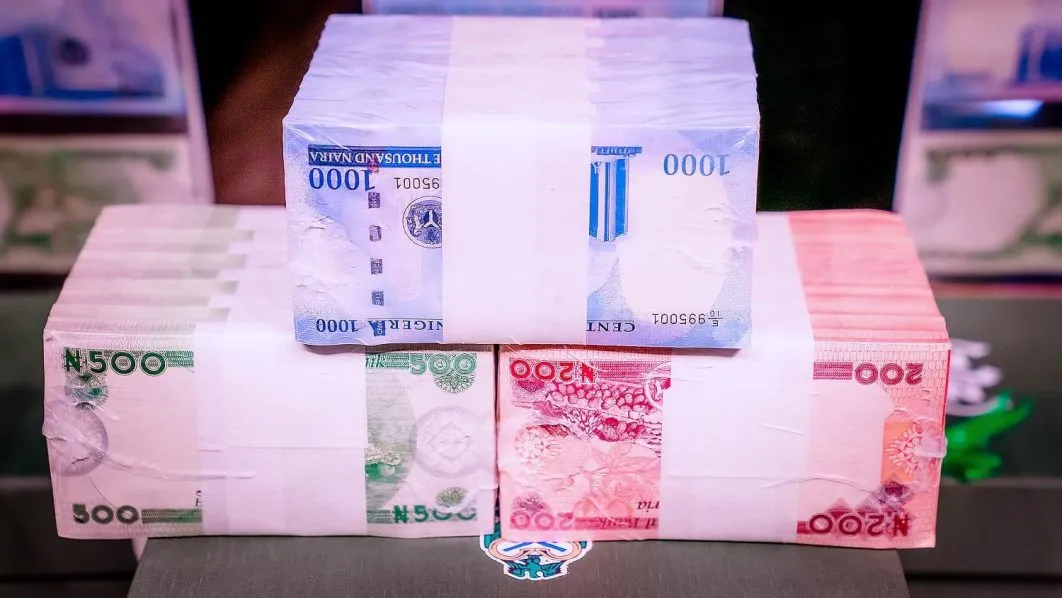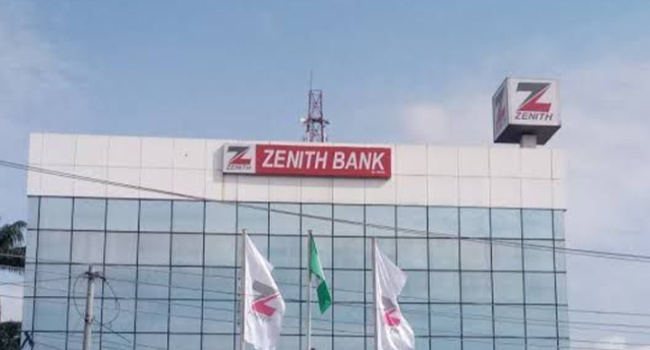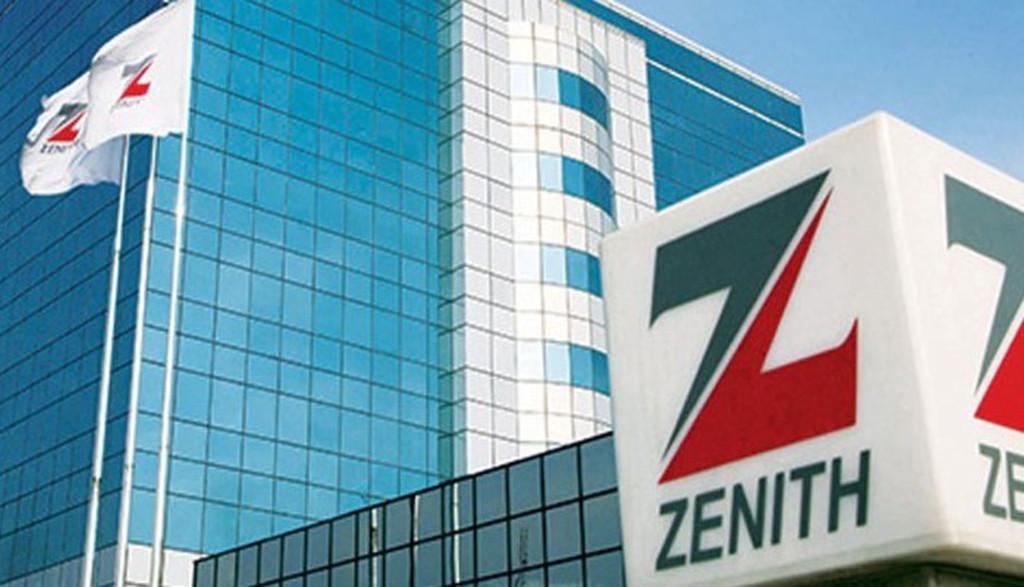Nigeria’s public debt has reached an alarming N121.67 trillion, increasing by N24.33 trillion or 24.99 per cent within just three months, according to the Debt Management Office (DMO).
This rise, largely driven by the naira’s depreciation, highlights the nation’s ongoing economic challenges.
Join our WhatsApp ChannelThe DMO’s statement on Thursday, revealed that the total debt, which stood at N97.34 trillion ($108.23 billion) in December 2023, now encompasses both domestic and external obligations of the Federal Government, the 36 state governments, and the Federal Capital Territory (FCT) as of March 2024. The public debt is now reported to be N121.67 trillion ($91.46 billion).
The DMO detailed, “Nigeria’s total public debt stood at N121.67 trillion ($91.46 billion) as of March 31, 2024. The comparative figure for December 31, 2023, was N97.34 trillion ($108.23 billion). Total Domestic Debt was N65.65 trillion ($46.29 billion) while total external debt was N56.02 trillion ($42.12 billion).”
The significant increase in debt is primarily attributed to the naira’s depreciation, which reduced the total debt in dollar terms by $16.77 billion or 18.34 per cent. The DMO converted external debts to naira using an official exchange rate of N1,330/$, a jump from N899.39/$ used in December 2023.
Excluding the naira’s exchange rate impact, domestic debt alone increased from N59.12 trillion in December 2023 to N65.65 trillion in March 2024. Additionally, the 36 states and FCT hold an external debt of $3.1 billion and domestic debt of N4.068 trillion.
READ ALSO: Black Market Dollar (USD) To Naira (NGN) Exchange Rate Today 21 June 2024
The surge in debt is also due to new borrowing to partly finance the 2024 budget deficit and the securitisation of N7.3 trillion Ways and Means advances at the Central Bank of Nigeria.
“Excluding Naira exchange rate movements in Q1 2024, only the Domestic Debt component of Total Public Debt grew from N59.12 trillion on December 31, 2023, to N65.65 trillion on March 31, 2024. The increase was from new borrowing to part-finance the 2024 Budget deficit and securitisation of a portion of the N7.3 trillion Ways and Means Advances at the Central Bank of Nigeria,” the DMO added.
President Bola Tinubu has expressed concerns over Nigeria’s heavy reliance on borrowing, emphasising the need for significant changes to prevent economic disaster. “Can we continue to service external debts with 90 percent of our revenue? It is a path to destruction. It is not sustainable. We must make the very difficult changes necessary for our country to get up from slumber and be respected among the world’s great nations,” Tinubu stated.
The Minister of Finance and Coordinating Minister of the Economy, Wale Edun, has also highlighted the unsustainable nature of the country’s borrowing practices. Edun insists that to stabilise the economy, Nigeria must reduce its dependency on loans. “Whilst borrowing, as provided in the 2024 Appropriation Act, will continue, we expect improvements in the Government’s Revenue to enhance debt sustainability,” Edun remarked.
Over the past 12 months, the Nigerian government has borrowed $4.95 billion from the World Bank, with expectations of securing an additional $4.4 billion from the international lender and the Africa Development Bank in the coming year. These funds are aimed at various projects, including power sector financing, women empowerment, and economic stabilisation reforms.
Financial experts warn that Nigeria’s debt situation is becoming increasingly unsustainable. Bismarck Rewane, CEO of Financial Derivatives Company, stated, “Nigeria’s debt is becoming unsustainable. Nigeria serviced its debt with 99 percent of its revenue in H1’23. Nigeria’s debt burden will be exacerbated by high interest rates in 2024. Efficient use of borrowed funds is crucial for its debt sustainability.”
Rewane further emphasised the adverse effects of rising public debt on GDP growth, noting that a one percent increase in public debt could negatively impact GDP by 16.7 percent.
As Nigeria grapples with its growing debt, the government’s ability to implement effective fiscal policies and enhance revenue generation will be crucial in navigating these economic challenges.
Emmanuel Ochayi is a journalist. He is a graduate of the University of Lagos, School of first choice and the nations pride. Emmanuel is keen on exploring writing angles in different areas, including Business, climate change, politics, Education, and others.
- Emmanuel Ochayihttps://www.primebusiness.africa/author/ochayi/
- Emmanuel Ochayihttps://www.primebusiness.africa/author/ochayi/
- Emmanuel Ochayihttps://www.primebusiness.africa/author/ochayi/
- Emmanuel Ochayihttps://www.primebusiness.africa/author/ochayi/


















Follow Us